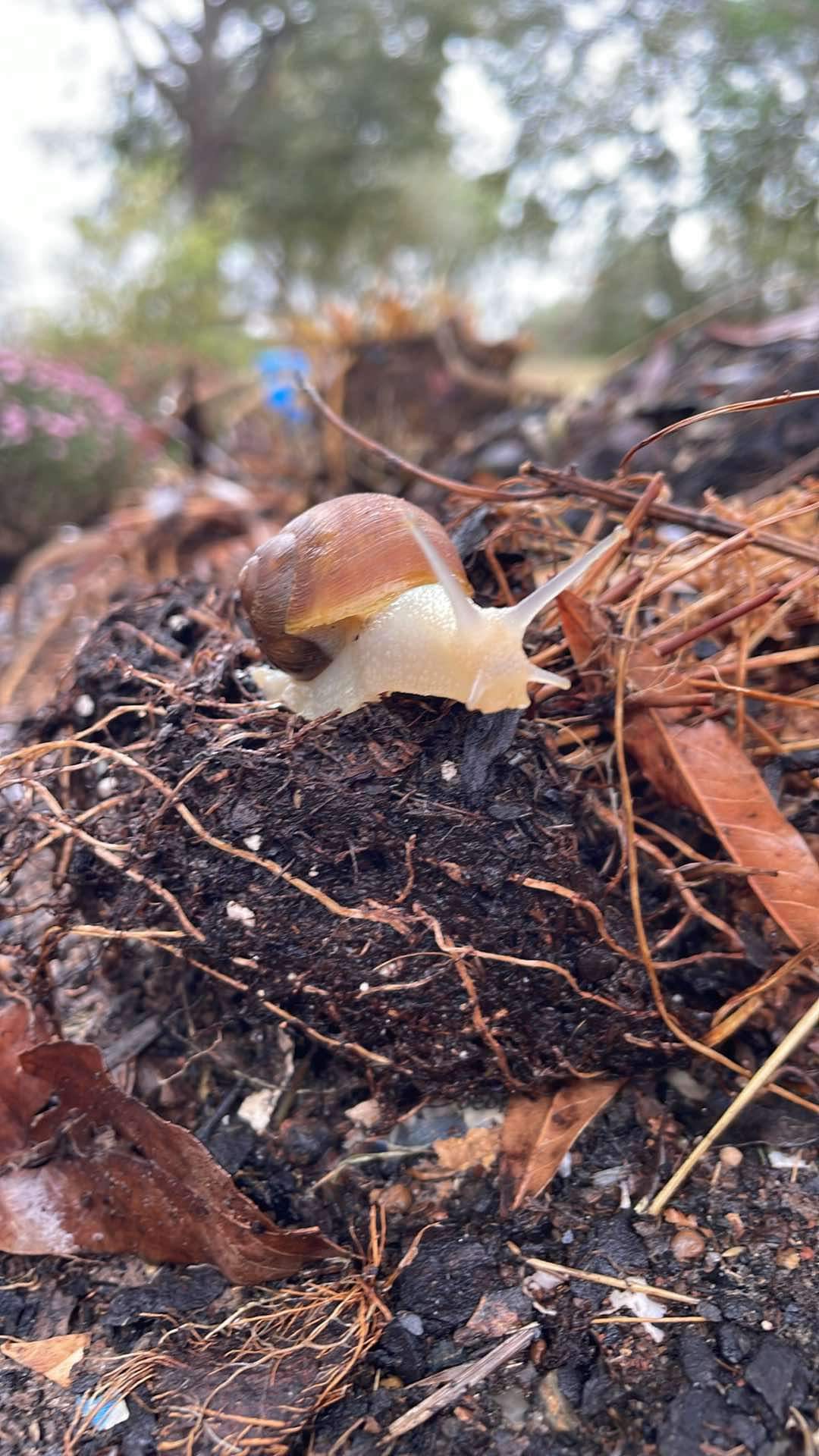Gardeners often have mixed feelings about snails. These slow-moving creatures can bring both benefits and challenges to a garden, making it essential to understand their roles and how to manage them.
Snails as a Friend
Snails can be beneficial in a garden ecosystem. They feed on decaying plant material, helping to break down organic matter and enrich the soil, which boosts nutrient availability for other plants. Snails also play a role in maintaining balance by eating algae, fungi, and certain weeds, keeping some harmful organisms in check. In addition, snails can be an important food source for wildlife, like birds, amphibians, and small mammals, thus supporting biodiversity in the garden.
Snails as a Foe
However, snails can also be a real challenge, especially for gardens with tender plants and young seedlings. They have a notorious appetite for plant leaves, stems, and flowers, which can result in ragged, unhealthy-looking plants. Some of their favorite targets include leafy greens, hostas, and newly sprouted vegetables. In gardens with large snail populations, plants may struggle to thrive due to the extensive damage caused by their feeding habits.
Snails are particularly active at night and in moist conditions, making them a more significant issue in humid climates or during rainy periods. Left unmanaged, they can rapidly multiply, potentially overrunning a garden and causing more damage than benefits.
Managing Snails in the Garden
If snails become a problem, there are several non-invasive strategies to control them without disrupting the garden’s natural balance. Here are a few methods:
- Encourage Natural Predators: Attracting animals that prey on snails, such as birds, frogs, and beneficial insects, can help manage snail populations naturally.
- Create Barriers: Copper tape around the base of plants or raised garden beds repels snails due to its mild electric charge when touched by their moist bodies.
- Handpicking: Removing snails by hand in the early morning or evening can help control their numbers without using chemicals. (You can even transfer the snails to your compost).
- Use Traps: Place shallow dishes of beer in the garden; snails are attracted to it and can be easily removed once they gather.
The Verdict
In small numbers, snails can be beneficial allies in a garden, aiding in decomposition and supporting the ecosystem. However, when populations grow too large, they can quickly become a foe, damaging valuable plants and disrupting the garden’s balance. By understanding their impact and using natural control methods, gardeners can enjoy the benefits of snails while keeping their potential downsides in check.






